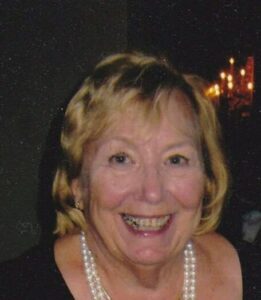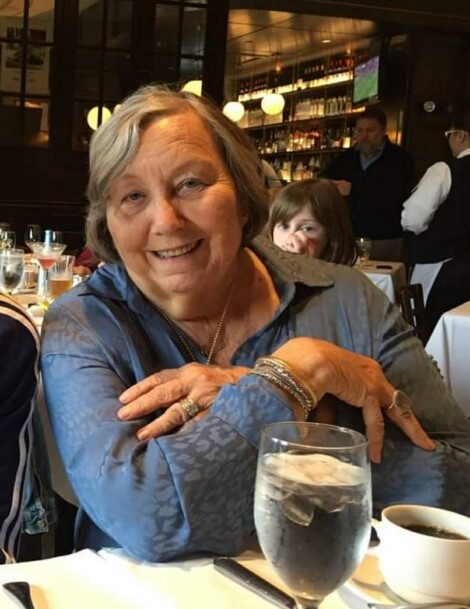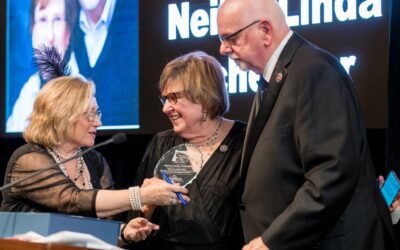Helen Jensen finds herself as something of a celebrity these days. As the former village nurse in Arlington Heights, who first connected Tylenol to the deaths of seven victims, she is fielding interviews left and right. The murders happened 40 years ago this week, and every five years Jensen finds herself retelling the story. But this year, she says, the interviews have intensified.
They started last summer, when producers with Showtime spent an entire day with her, in preparation for a series coming next year on crime and justice. Last week, reporters with both the Chicago Tribune and the Daily Herald interviewed her for stories that ran on their respective front pages on Sunday. The latest was an interview with CBS 2 for an upcoming docuseries about the Tylenol murders.
“They turned my living room into a studio,” Jensen says with a laugh.
Jensen was an experienced nurse when she accepted the job as village nurse. She describes the role as more than a public health practitioner. She became close to the residents she cared for, and for one main reason: she listened to their stories.
“In all the years and hundreds of people I saw, I never heard the same story twice,” she says.
That was the case when the Arlington Heights Police summoned her on Sept. 29, 1982, to the emergency room at Northwest Community Hospital. Adam Janus had just died of a suspected heart attack and his brother, Stanley, and his wife, Theresa, were on life support.

Helen Jensen
“I can still see that poor lady (Adam Janus’ widow) in the ER, looking so lonely and lost when I went up to her,” Jensen says. “That image is still very much with me.”
When she went up to Theresa Janus, she did what came naturally: she asked what happened.
“People in crisis like that need to talk to someone,” Jensen says. “I was there and I wanted to hear her story.”
Theresa Janus described how her husband had stayed home from work that day, feeling sick. After picking up their oldest child from preschool, he decided to take Tylenol and lie down. He died that afternoon. His brother and sister-in-law rushed to the home, and they too eventually took Tylenol to help ease their pain and grief. They died that same evening.
After hearing the story, Jensen asked police officials if she could visit the home to look for any clues. It wasn’t a crime scene then, she says, so she was given access.
After searching through the kitchen and living area, she looked in the bathroom. There she found a new bottle of Tylenol, with a receipt in the trash. Acting on a hunch, she poured out the Tylenol capsules on a paper towel and counted them, realizing that six were missing.
“It’s got to be the Tylenol,” she said to police.
While authorities didn’t immediately believe her, news reports the next day confirmed her suspicion: the victims had succumbed to cyanide-laced Tylenol.
“When you know you’re right, you have to stick with it,” says Jensen, who retired 15 years later, after 24 years as the village nurse. She went on to serve another 10 years as an Arlington Heights village trustee.
“People ask me if this was the most interesting experience I had as a nurse,” Jensen says. “I tell them that I was not in the business to see people die, but to see people live.”




